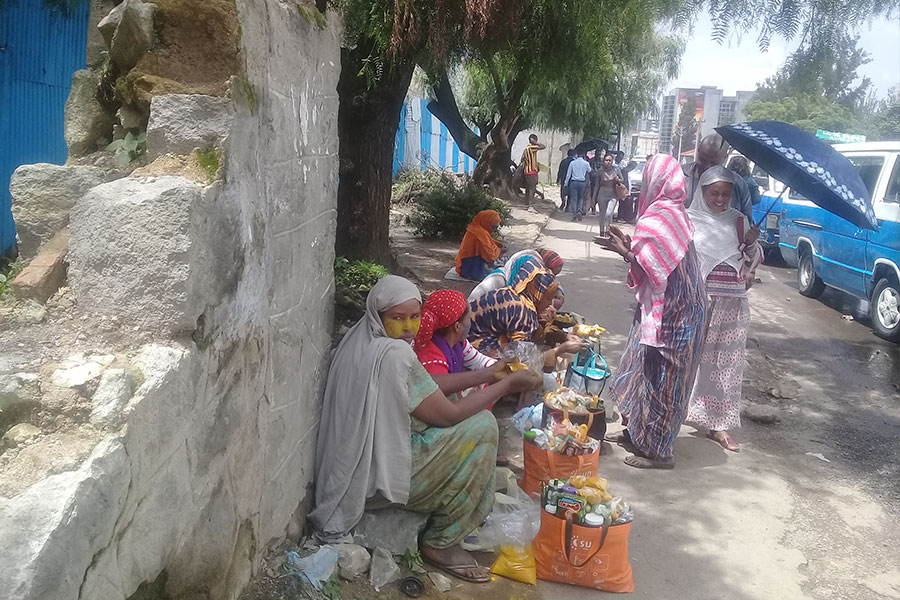
Vendors put traditional beauty products from the Somali Regional State for sale around Mexico area. In November of last year, the Ministry of Finance banned imported goods under 38 categories, including cosmetics, packed foods, and furniture, from accessing letters of credit. The move resulted in the tripling of costs for cosmetic items like lipstick and nail polish. As Ethiopia ran a 14 billion dollar merchandise trade deficit last year due to import bills hiking by 26pc , a tight clampdown on foreign currency access has become its modus operandi. The Finance Minister, Ahmed Shide, recently indicated that budget ceilings and austerity measures are on the horizon for the next fiscal year.
[ssba-buttons]